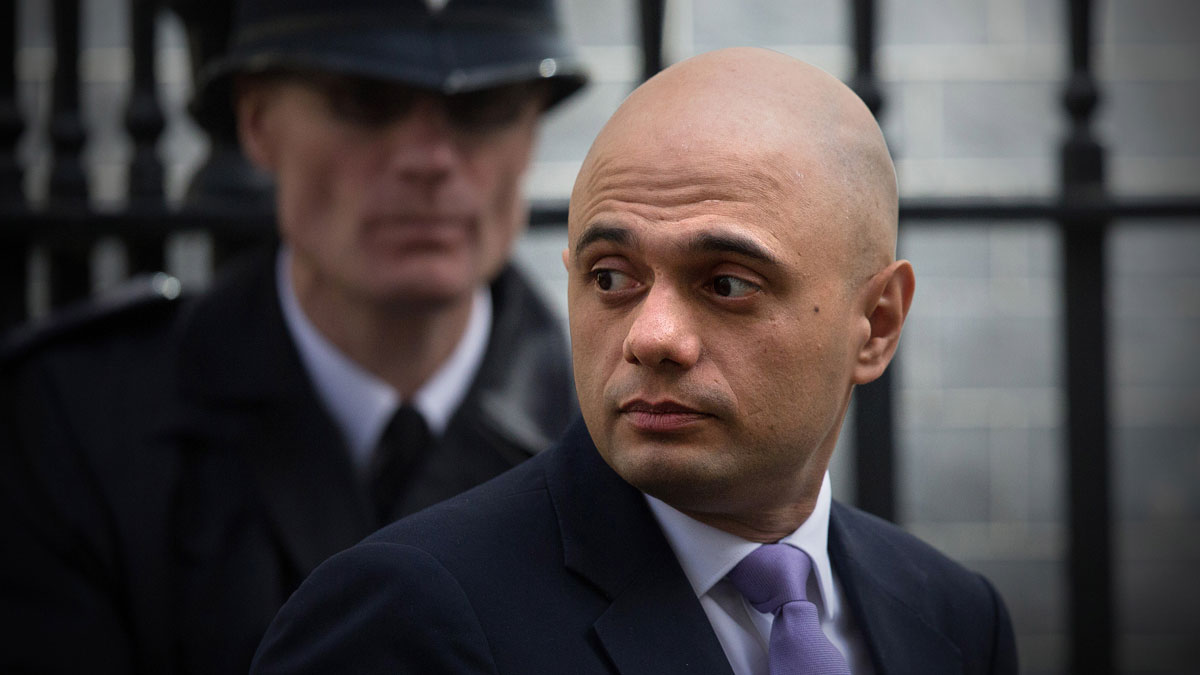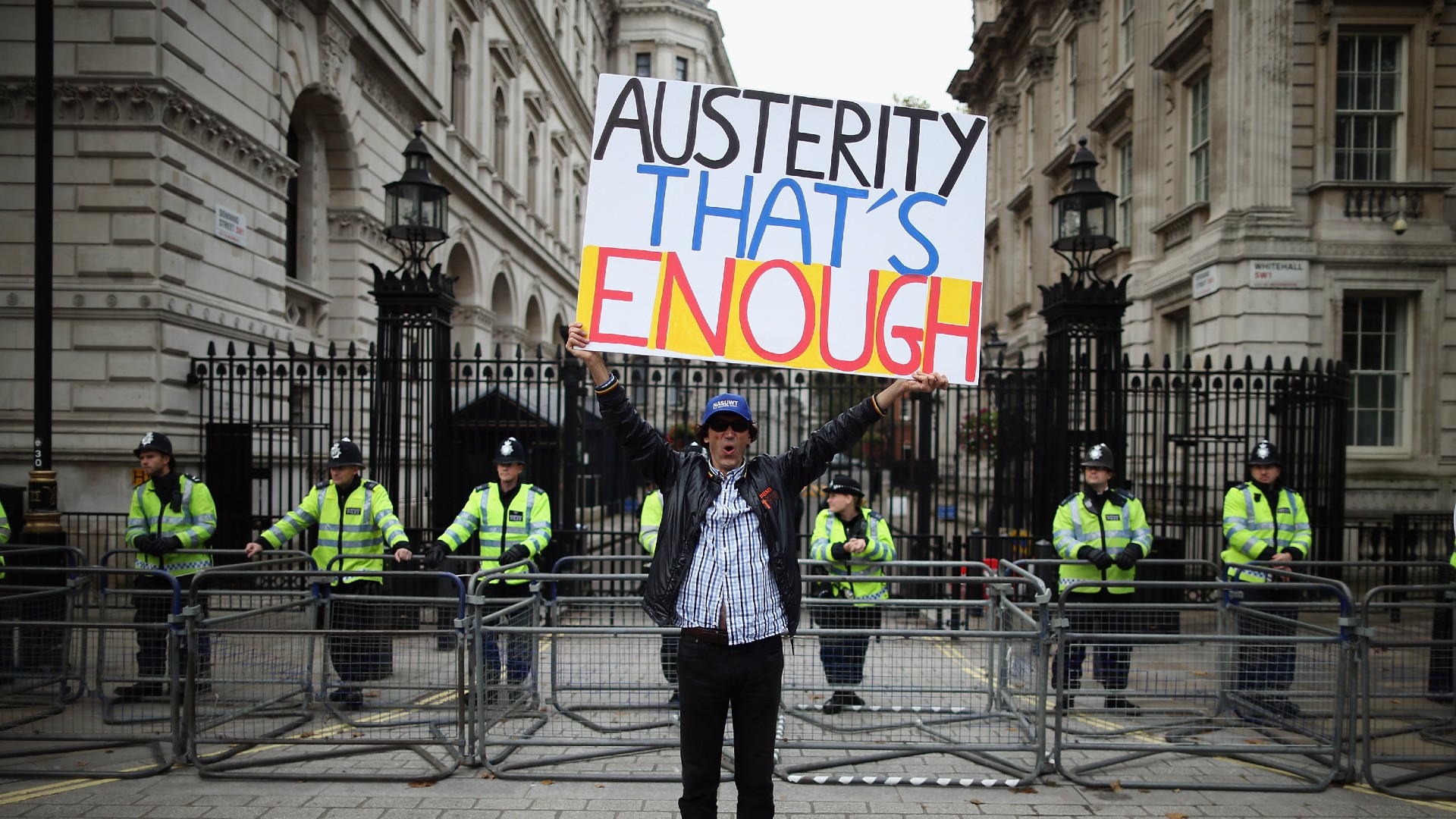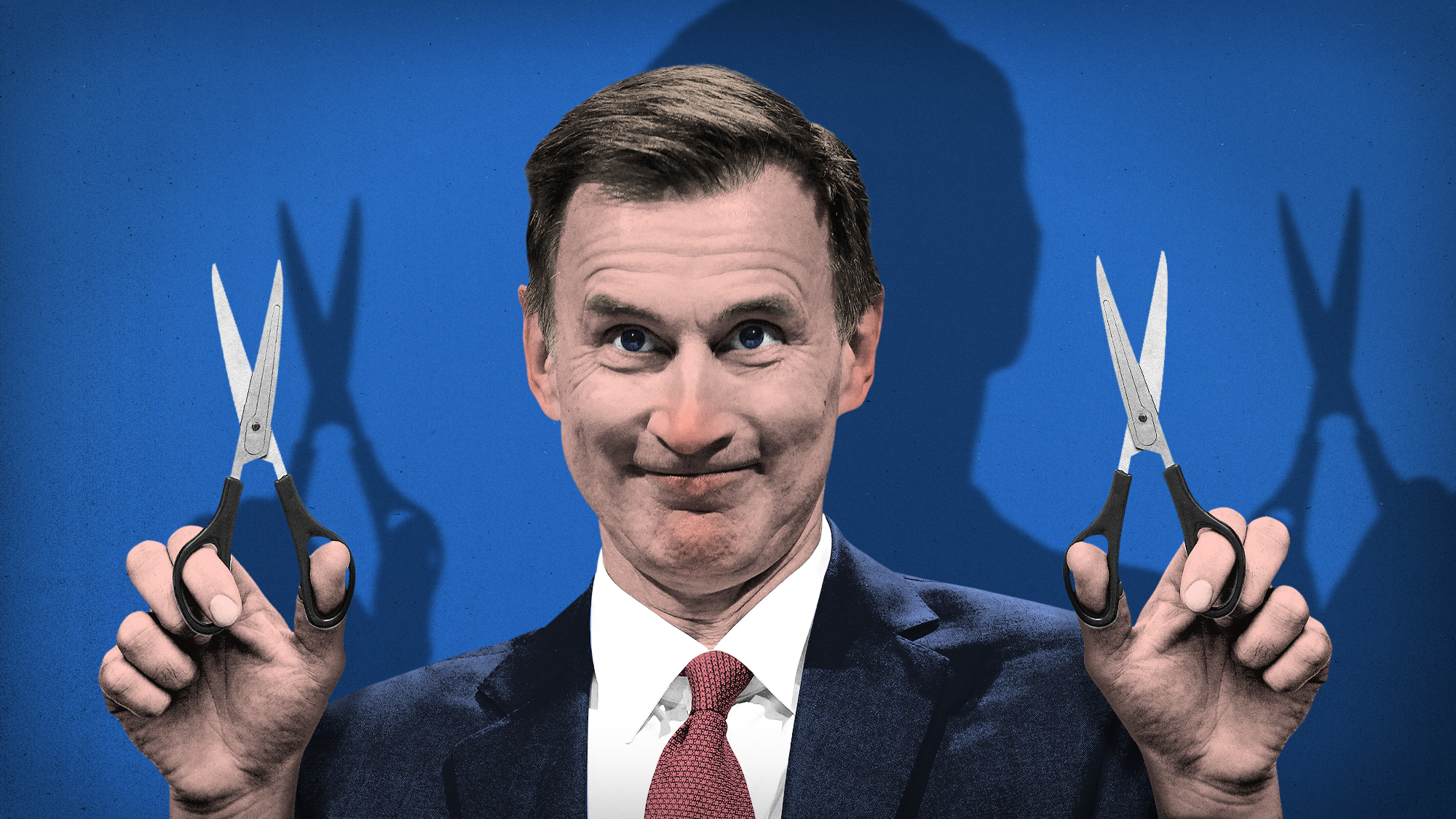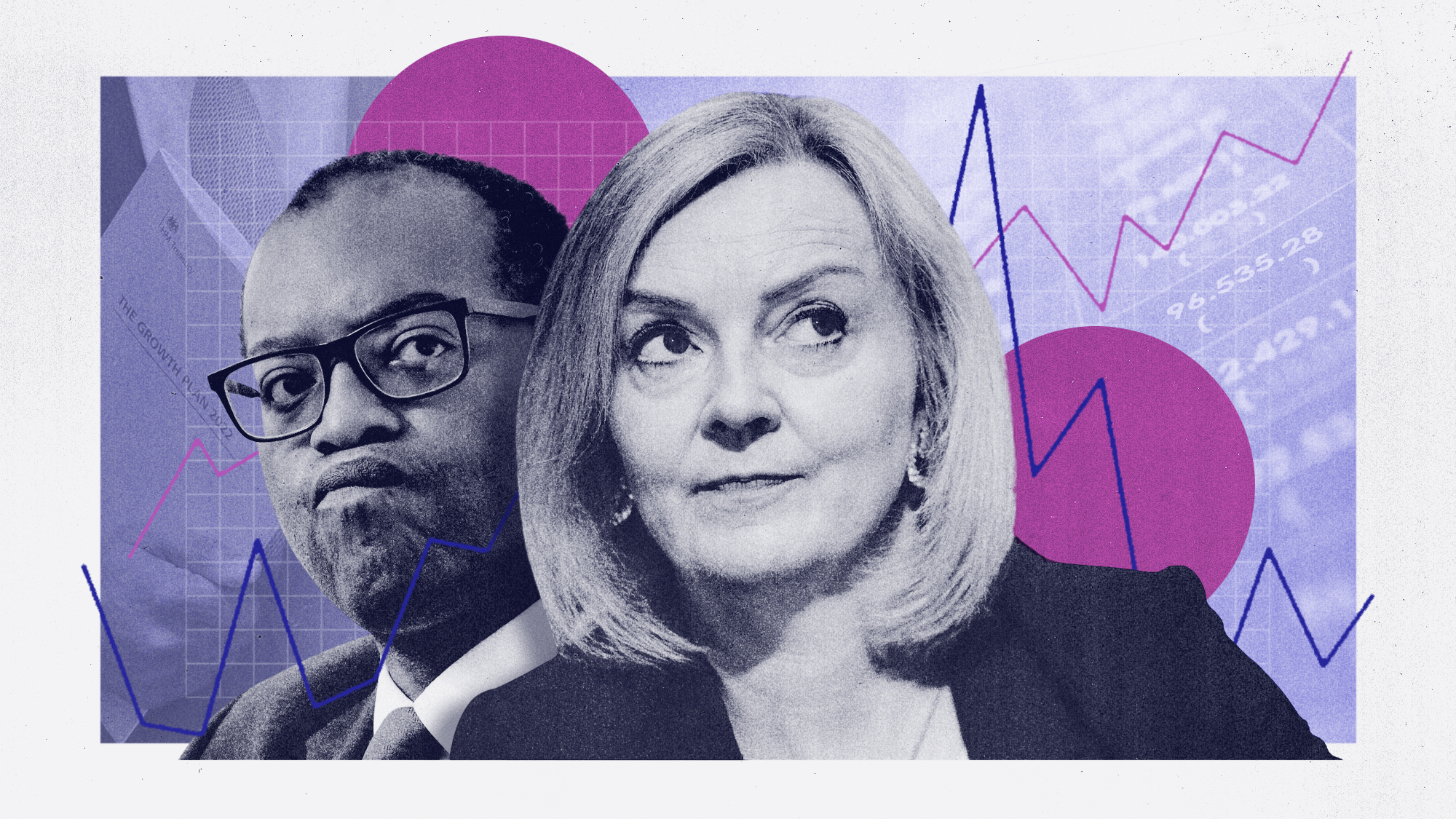Ministers in U-turn on £300m business rate relief
After reports of a delay caused by the general election, Sajid Javid tells MPs plan will go ahead as planned

A free daily email with the biggest news stories of the day – and the best features from TheWeek.com
You are now subscribed
Your newsletter sign-up was successful
Ministers appear to have reversed their position on a £300m discretionary fund to provide business rate relief to smaller firms.
A spokesman for the Department of Communities and Local Government told The Guardian on Friday that the fudn, announced at the Budget in March, could not be distributed because the government had not yet responded to its consultation.
In essence, Theresa May's call for a snap general election meant the response would not be completed before parliament is dissolved and so would fall to the next government, who would then implement the scheme.
The Week
Escape your echo chamber. Get the facts behind the news, plus analysis from multiple perspectives.

Sign up for The Week's Free Newsletters
From our morning news briefing to a weekly Good News Newsletter, get the best of The Week delivered directly to your inbox.
From our morning news briefing to a weekly Good News Newsletter, get the best of The Week delivered directly to your inbox.
According to The Sun, that could have resulted in a wait of as long as seven months.
However", says the Guardian, speaking in parliament yesterday, Communities Secretary Sajid Javid said there would be "absolutely no delay because of the general election.
He told MPs: "It's going ahead exactly as planned. Councils are free to start using the scheme and helping local businesses."
Over the weekend, a message appeared on the department's website stating that "final allocations to local authorities will be made according to the draft allocations published as part of the consultation", the Guardian adds.
A free daily email with the biggest news stories of the day – and the best features from TheWeek.com
Consequently, although the consultation webpage shows there is no formal government response, councils will start distributing funds as soon as they have established their own scheme.
While the amount by which a firm's business rate can rise is capped and there is specific support for pubs, this scheme was designed to ease the pressure on the hardest hit small companies.
Mark Rigby, chief executive of business rent and rates specialists CVS, said it was important that councils acted quickly as businesses were already paying higher rates.
"I would now urge councils across England to expedite the distribution of this relief to those firms hardest hit by the revaluation with business rates bills having already been sent out and the first tax instalment having been collected," he said.
Small firms face seven-month wait on £300m rates relief
24 April
Smaller companies that are facing painful increases in business rates are now set to endure a long delay on a scheme to lessen the financial blow.
As a result of an overdue revaluation of business rates, which are based on the value of commercial property firms occupy, companies in the south of England were facing increases in their bill of several hundred percent.
"For example, a property boom in the Suffolk coastal town of Southwold forced rateable values up by 152%, with some shop owners saying the hike threatened the viability of their businesses," says The Guardian.
At the Budget last month, Chancellor Philip Hammond promised a three-pronged package of support, including £50-a-month cap on rates increases for small firms and a £1,000-a-year discount for pubs.
On top of this and taking the headlines as a £300m scheme for local authorities to provide discretionary support to under-pressure businesses.
"It was hoped that the support fund would be up and running within weeks," says the Guardian.
"But although the Department for Communities and Local Government has completed the consultation on how best to implement the scheme, a spokesman confirmed it would now fall to the next government to publish their response."
The Sun says ministers "have effectively had run out of time" - and that the potential delay could be as long as seven months.
More positively for affected firms, a spokesman for the Department of Communities and Local Government said the money would be backdated to 1 April once the scheme is finally up and running - assuming a new government goes ahead.
-
 Are AI bots conspiring against us?
Are AI bots conspiring against us?Talking Point Moltbook, the AI social network where humans are banned, may be the tip of the iceberg
-
 5 calamitous cartoons about the Washington Post layoffs
5 calamitous cartoons about the Washington Post layoffsCartoons Artists take on a new chapter in journalism, democracy in darkness, and more
-
 Political cartoons for February 14
Political cartoons for February 14Cartoons Saturday's political cartoons include a Valentine's grift, Hillary on the hook, and more
-
 Is the UK headed for recession?
Is the UK headed for recession?Today’s Big Question Sluggish growth and rising unemployment are ringing alarm bells for economists
-
 Should Labour break manifesto pledge and raise taxes?
Should Labour break manifesto pledge and raise taxes?Today's Big Question There are ‘powerful’ fiscal arguments for an income tax rise but it could mean ‘game over’ for the government
-
 Will Rachel Reeves have to raise taxes again?
Will Rachel Reeves have to raise taxes again?Today's Big Question Rising gilt yields and higher debt interest sound warning that Chancellor may miss her Budget borrowing targets
-
 Securonomics: what is Rachel Reeves' economic plan and will it work?
Securonomics: what is Rachel Reeves' economic plan and will it work?The Explainer Focus on economic security and the resilience of industry in an uncertain world is 'key to growth', say Labour
-
 New austerity: can public services take any more cuts?
New austerity: can public services take any more cuts?Today's Big Question Some government departments already 'in last chance saloon', say unions, as Conservative tax-cutting plans 'hang in the balance'
-
 Five key takeaways from Jeremy Hunt's Autumn Statement
Five key takeaways from Jeremy Hunt's Autumn StatementThe Explainer Benefits rise with higher inflation figure, pension triple lock maintained and National Insurance cut
-
 Would tax cuts benefit the UK economy?
Would tax cuts benefit the UK economy?Today's Big Question More money in people's pockets may help the Tories politically, but could harm efforts to keep inflation falling
-
 Mini-budget one year on: how the Truss-Kwarteng growth plan lingers
Mini-budget one year on: how the Truss-Kwarteng growth plan lingersThe Explainer Commentators say 'moron premium' has subsided but UK 'still stuck in first gear'